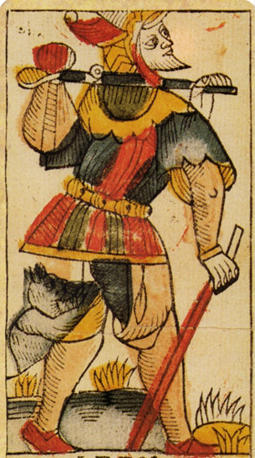Subproject 07
El peregrino en su patria. Recoding ‘old’ and ‘new’ in the ‘novela de peregrinación’ of the Spanish Golden Age
Prof. Dr. Anita Traninger (Institute of Romance Languages and Literatures, Freie Universität Berlin)
The project took its cue from the observation that in sixteenth-century Spain a framework of narrative prose genres emerged within which a special position was assumed by what is known as the novela bizantina. Drawing on the model of the Greek novel, Lope de Vega transformed the patterns inherited from Heliodorus of Emesa and Achilles Tatius in his novel El peregrino en su patria (1604), which played a decisive role in the development of the genre for which we now prefer the term novela de peregrinación. Lope’s specific accomplishment consisted in the reconfiguration of the genre via the non-idealising treatment of contemporary Spanish (as opposed to exotic) realities within the generic pattern of the Greek novel of love and adventure: as it were, the place of the exotic and foreign was now occupied by the new and contemporary. At the same time, a poetological debate on the Greek novel was taking place, which, in the aftermath of the rediscovery of Heliodorus’ Aithiopika, had become accessible both as a literary novelty and as a formula ennobled by ancienneté. What is more, this formula was also subject to a process of creative transformation at the hands of Lope. The project is thus concerned with phenomena involving the recoding of ‘old’ and ‘new’ in the Spanish prose literature of the Siglo de Oro on several, intricately interwoven levels. In this specific context, the advantages of the research group’s methodological approach are manifest: by deploying concepts of the ‘old’ and the ‘new’ that are not essentialist, but rather functional and relational, the problem of authority through ancienneté with simultaneous innovation through rediscovery and reconfiguration can be explored to full advantage. By coming into operation as a literary pattern, the generic formula of the Greek novel clearly takes the place of the ‘old’; lacking a position in the Aristotelian system by virtue of being a narrative prose genre, it also assumes the status ofthe ‘new’; and, by being reconfigured once more in the course of the imitatio/aemulatio taking place in Spain around 1600, it lends a third dimension to the relationship between convention and innovation. In the second funding period, early modern translations of the Peregrino will serve as the point of departure for an investigation of the European transformations of the Hellenistic formula. A second line of inquiry will be concerned with situating the Peregrino in the larger framework of European scholarly practices. In the course of the first funding periodit has become even more obvious than initially expected that Lope’s Peregrino participates in a European network. It does so on two levels: on the one hand, Lope links the prose novel with the transnational learned practice of collecting loci communes; on the other hand, his novel is subjected to a quick succession of translations into various European languages, a process that helps to shed light on implicit and explicit conceptions of genre.
